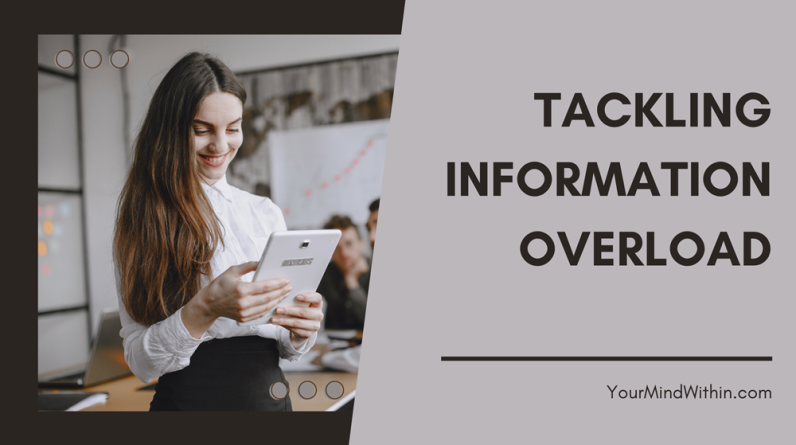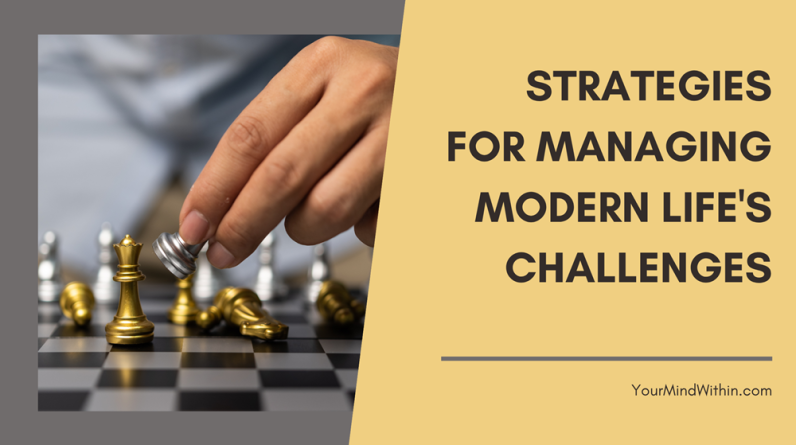
Mindfulness has been practiced in the Eastern world for thousands of years. It is an important part of various religions and is also found in the secular world.
Though it can be traced to ancient times, mindfulness is ideally suited for managing your daily challenges.
How to Practice Mindfulness
Mindfulness is about observing without judgment. The Mindful.org website gives us this definition.
“Mindfulness is the basic human ability to be fully present, aware of where we are and what we’re doing, and not overly reactive or overwhelmed by what’s happening around us.”
One way to practice mindfulness is to focus on what your primary senses are telling you.
What is your sensory experience? What do you see and smell? What do you hear, taste, and touch?
You can also take time to be mindful of your thoughts, emotions, and feelings.
Science tells us that mindfulness remodels the physical structure of your brain so you experience less stress and anxiety.
Here are some pointers for practicing mindfulness so you can better handle the daily challenges of modern living.
Assess Your Connected Habits
Remember, mindfulness is awareness without judging. Take some time to be aware of your Internet habits. How much time are you online every day? Do you spend most of your day on your phone or interacting with an electronic or digital device?
Be aware of the time you spend plugged in and connected. Don’t judge yourself harshly—just be aware. That awareness may reveal that your daily time with technology creates challenges you can easily avoid.
Identify Your Challenges
Could you improve any aspect of your life? By answering that question, you can identify obstacles to success, happiness, and fulfillment. Describe your challenges. Be specific.
You might complain that you don’t have enough free time. That could be due to you constantly prioritizing the needs of others before your own.
Identify your challenges and then practice mindfulness to explore them.
Keep a Stress Notebook Handy
Start a stress journal. Record daily experiences that lead to stress, anxiety, and frustration as soon as they happen.
Be aware of the moment. Set aside some time to review that information later. Relive them as if you are watching someone else experience them.
Act as an objective and mindful observer and ask yourself what you would change to produce a better outcome.
The simplest definition of mindfulness is awareness. Take time to be aware of your environment and observe your sensory experience.
Don’t act to influence your experience in any way. What do you see, smell, hear, touch, and taste?
Becoming more objectively mindful of your challenges helps you realize they don’t have any power over you unless you give them power.








